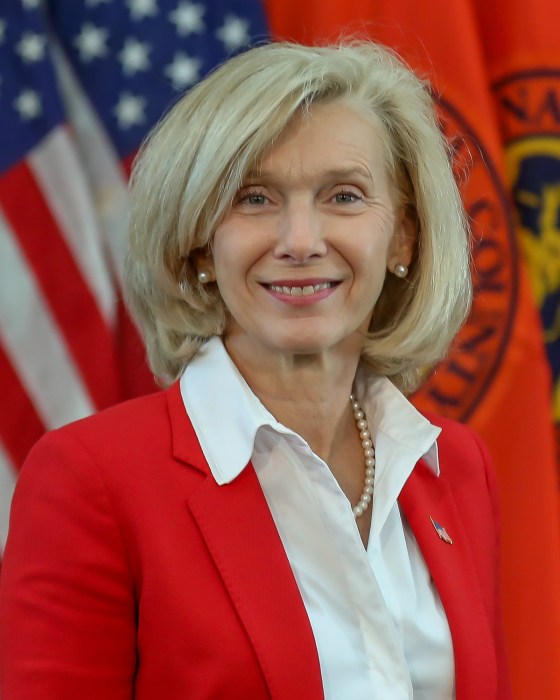Part 2 of a two-part series on choosing the healthiest foods
Family farms all across America are being phased out of existence by mega factory farms. The biotech industry funds programs and bills so that family farms can’t afford to stay in business, also imposing extra taxes and fees upon them.
Choosing food that was raised on small regenerative farms, not concentrated animal feeding operations (CAFOs), is crucial. Here, the animals are humanely treated, and the food they provide is safer. Regenerative agriculture is in harmony with the workings of the ecosystem, which increases biodiversity, enriches the health of the soil and improves waterways.
Look for farms whose animals are raised by organic standards and have the “humanely raised” symbol on the package. Farmers markets, food co-ops and health-food markets are the best choice when looking to find organic.
Eggs from pasture-raised hens are also much healthier. These eggs usually have a bright-orange yolk. Dull, pale yellow yolks are a sign that the hen was caged, never allowed to forage for the food that is natural to its diet or see the light of day.
When selecting animal products, consumers should consider:
• Does the animal have access to the outdoors? Millions of animals never see the light of day when raised for feedlots and in factory farms.
• What is the animal’s indoor living condition? How much space is there to roam? Did the cow spend the last months of its life on a feedlot? If a cow has not been 100 percent grass-fed, it is extremely likely that it will go to a feedlot before slaughter.
• What is the meaning behind the labels? Genuine seals or logos on labels indicate that an independent organization has verified that the producer did meet a set of meaningful and consistent standards for animal welfare, environmental stewardship and/or social justice. Standards should have requirements that go beyond the industry norm or the basic “legal” requirements and should be verifiable by the certifying group or another independent inspection organization. By understanding labels, consumers vote with their dollars for a safer, more humane and sustainable food system.
• Is it Animal Welfare Approved (AWA)? AWA is a food label for meat and dairy products that are from farm animals that were raised to the highest-animal welfare and environmental standards. Animals are free range and have continuous access to pasture. Cage confinement, hormones and antibiotics are strictly prohibited. The standards extend to the breeding of the animals and transport until the time of slaughter. This label can be hard to find at big grocery stores. To help bring food products with this label to your grocer, make a request to the store manager and contact the store’s main headquarters.
• Has it been Certified Humane Raised and Handled? This label means the producer meets Animal Care Standards and applies these standards to farm animals, from birth through slaughter. Animals are never kept in cages, crates or tie stalls. Animals must be free to do what comes naturally. For example, chickens must be able to flap their wings and dust bathe, and pigs must have space to move around and root. Animals must be fed a diet of quality feed, without animal by-products, antibiotics or growth hormones.
When shopping for milk, cream, cheese, eggs, meat and chicken, always opt for organic. Organic standards prohibit antibiotic use and strictly forbid GMOs in animal feed. Look for the American Grass-fed Association (AGA) symbol, although it can be difficult to find in our region. Grass-fed animals contain higher omega-3 fatty acids, which are associated with lower heart disease, a stronger immune system and better brain function, giving buyers the mental edge to choose wisely.
Treating animals humanely and feeding them their natural diet is the very least humans can do, given the fact that animals are sacrificed for our consumption. Listen to your heart when shopping, and your brain will follow.
If you missed Part 1 last week, read it here.
Gary Feldman is a nutrition educator and lecturer, and an instructor in the Port Washington Union Free School District Continuing Education program, was an innovator in the nutritional supplement retail industry and is a health writer in Great Neck. Email him at garyteach1@gmail.com.































